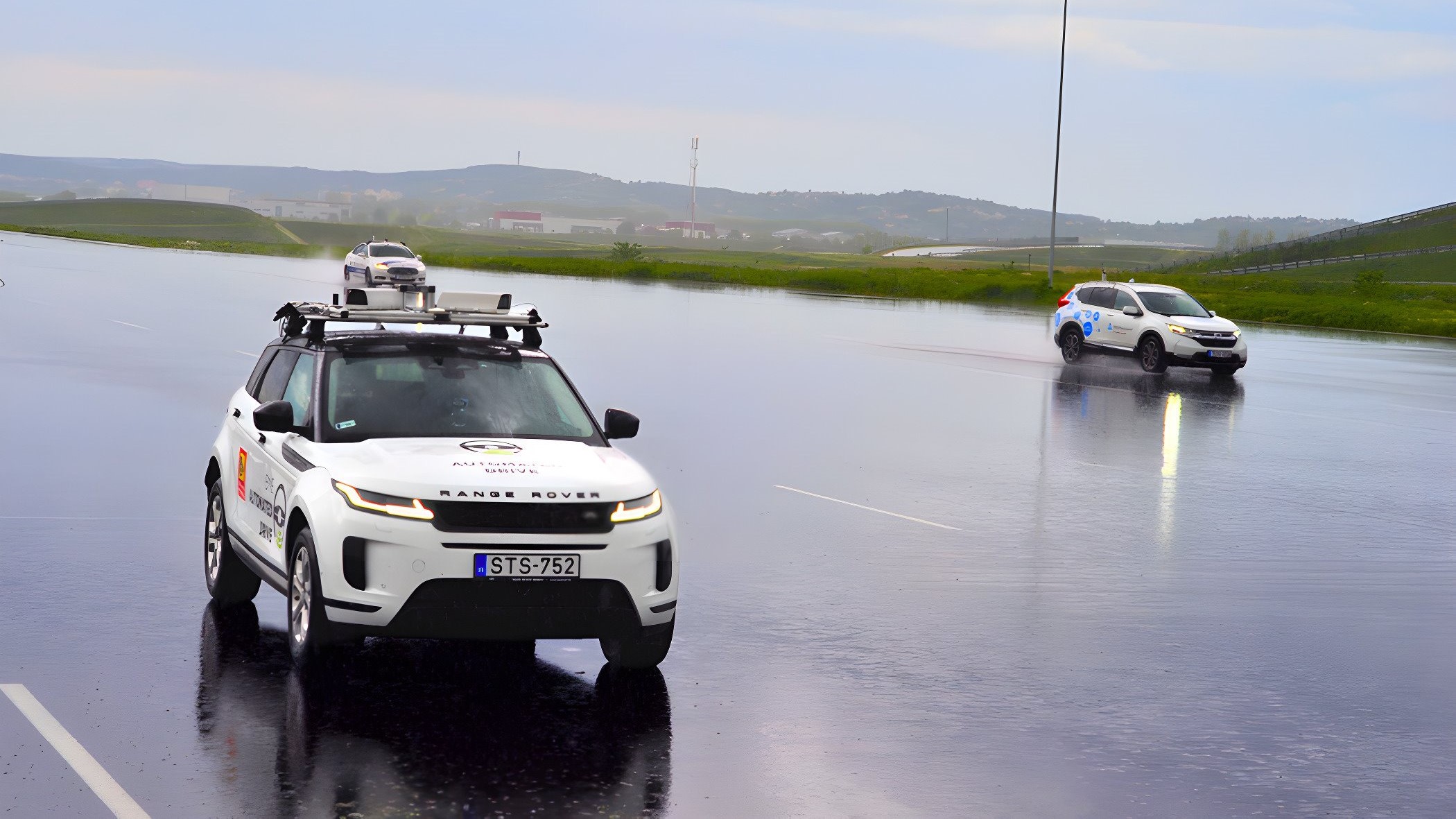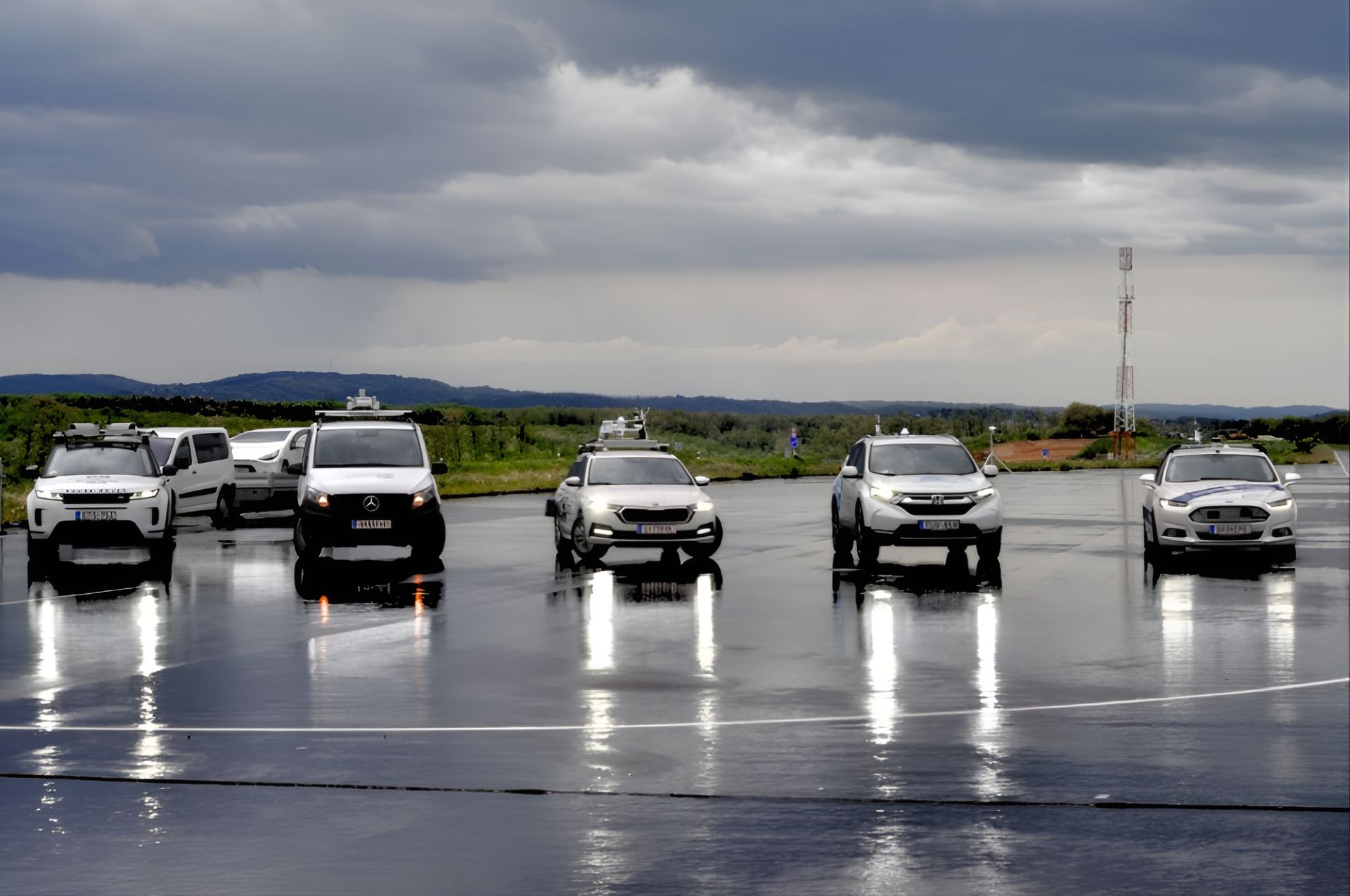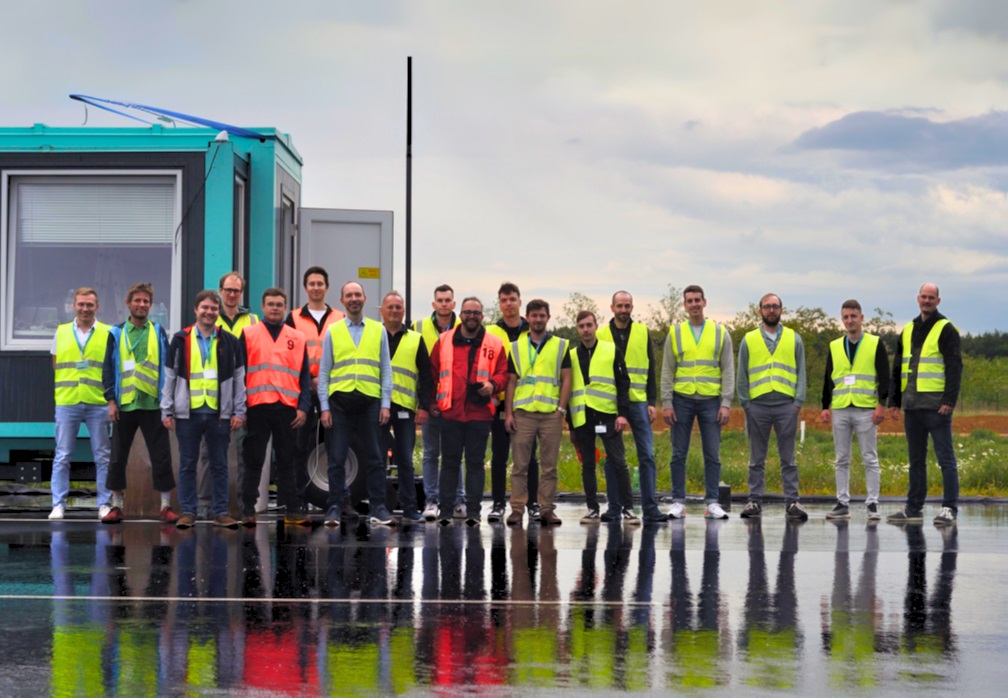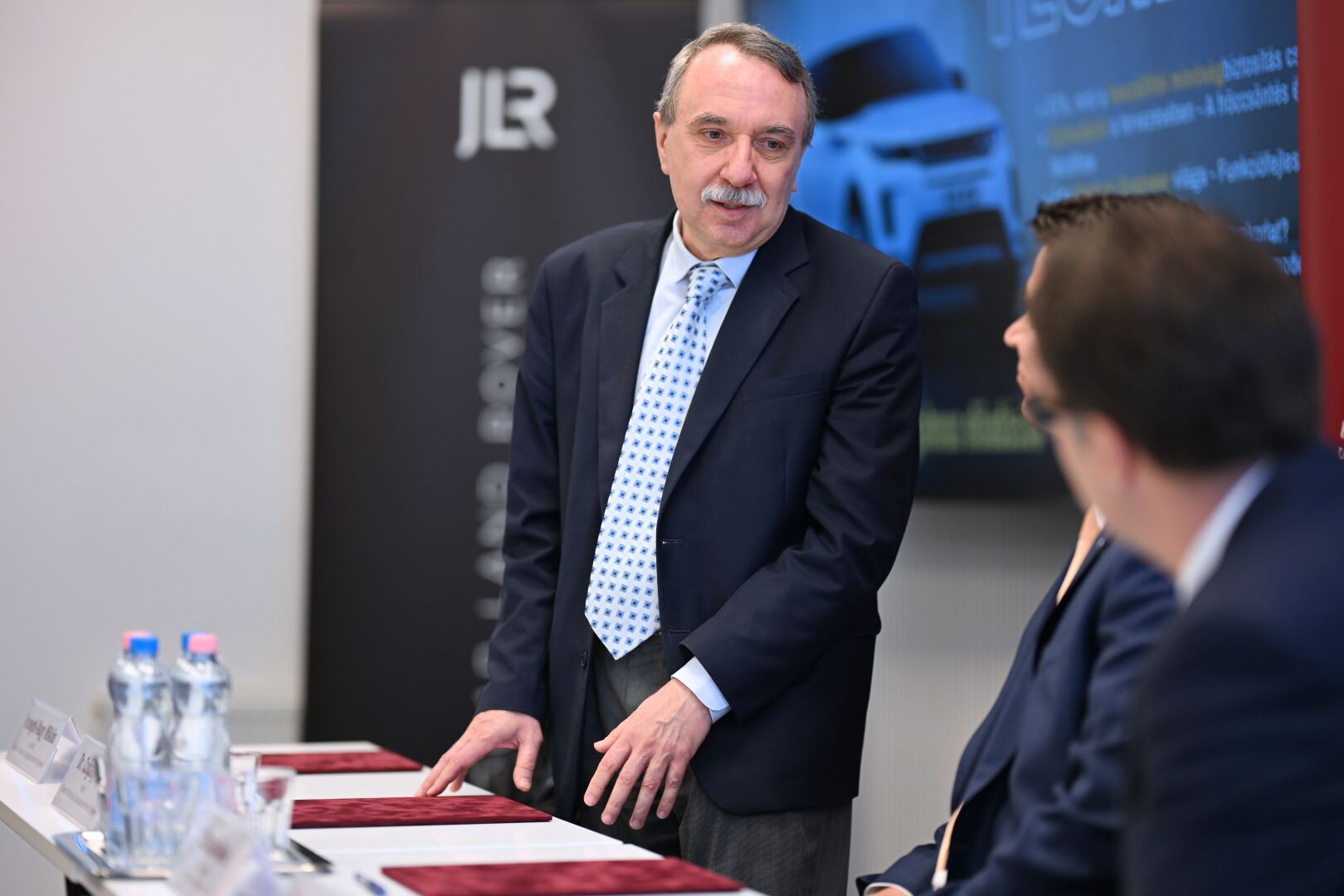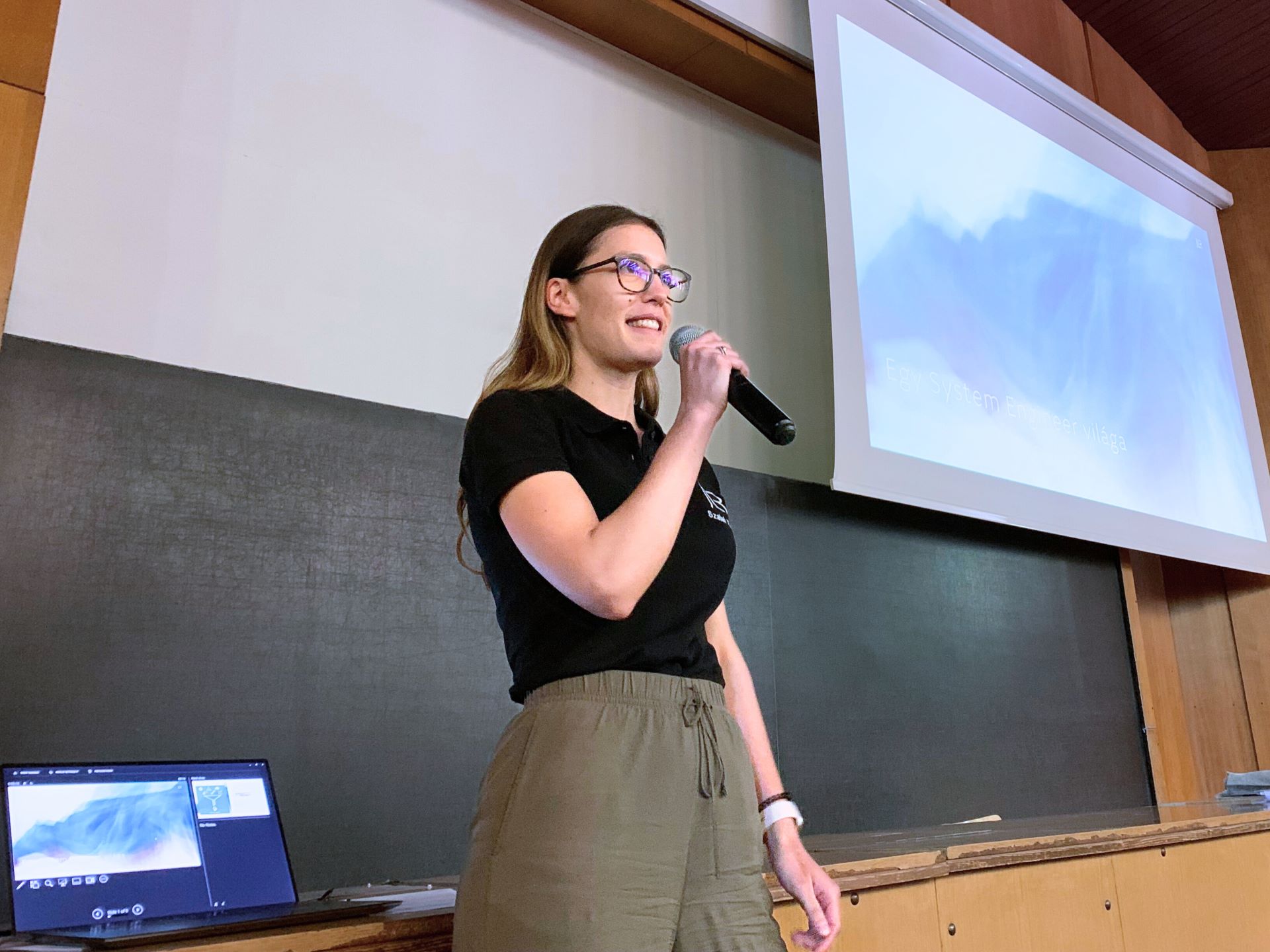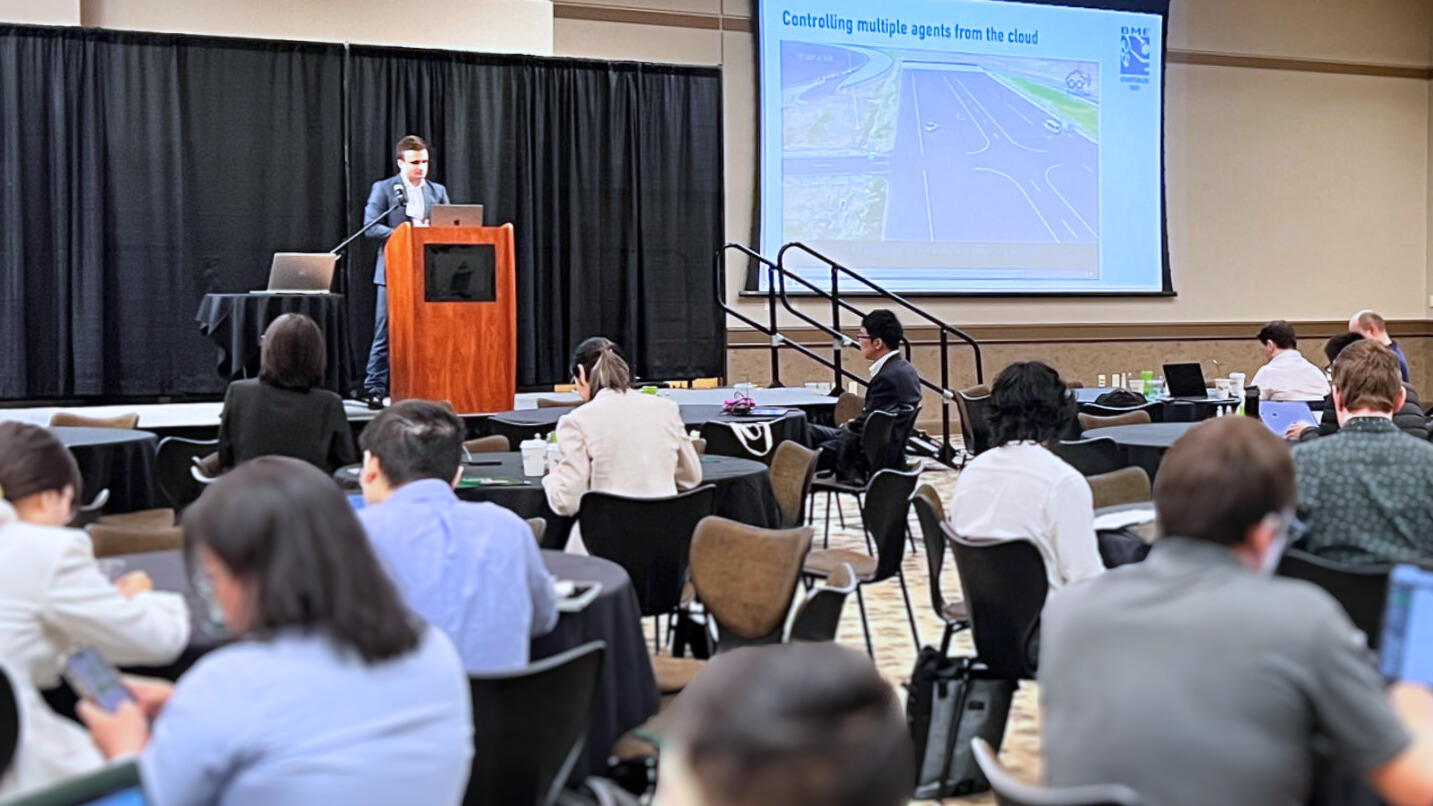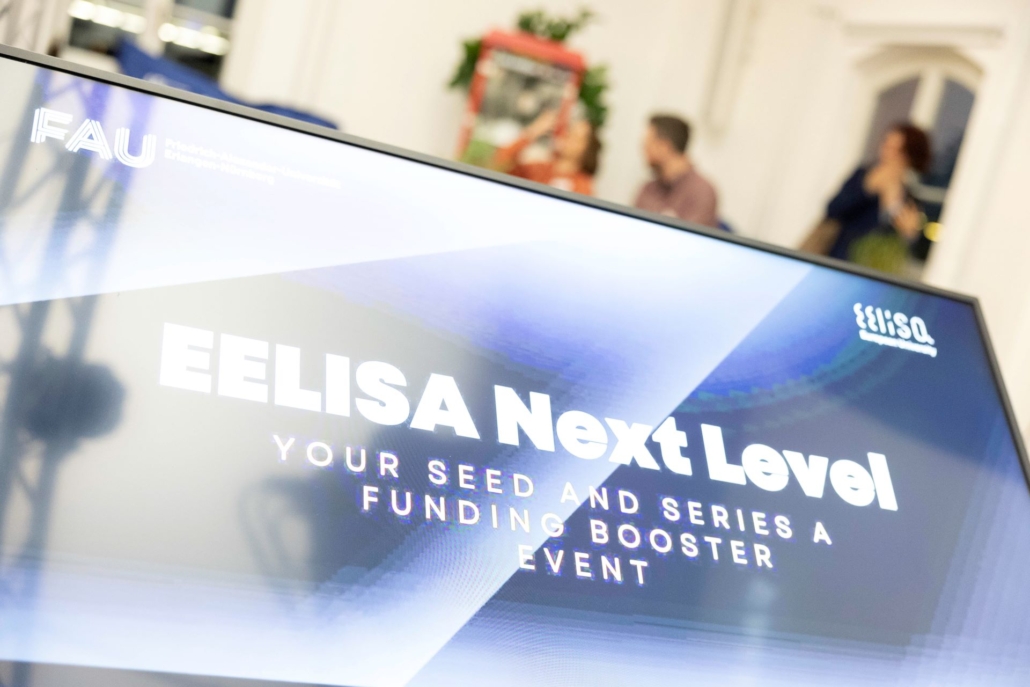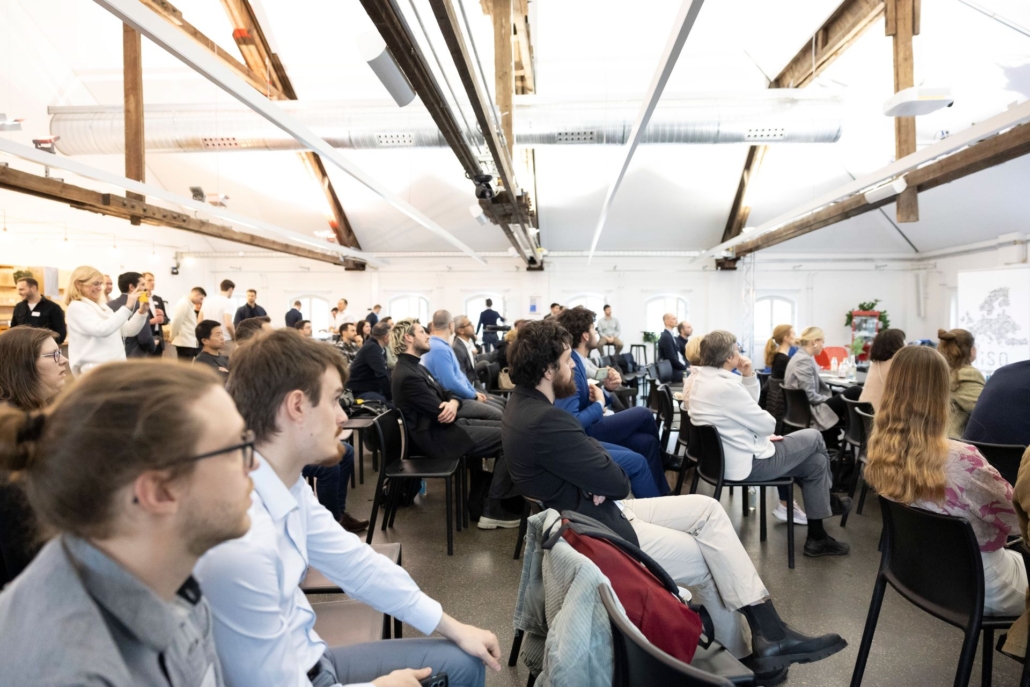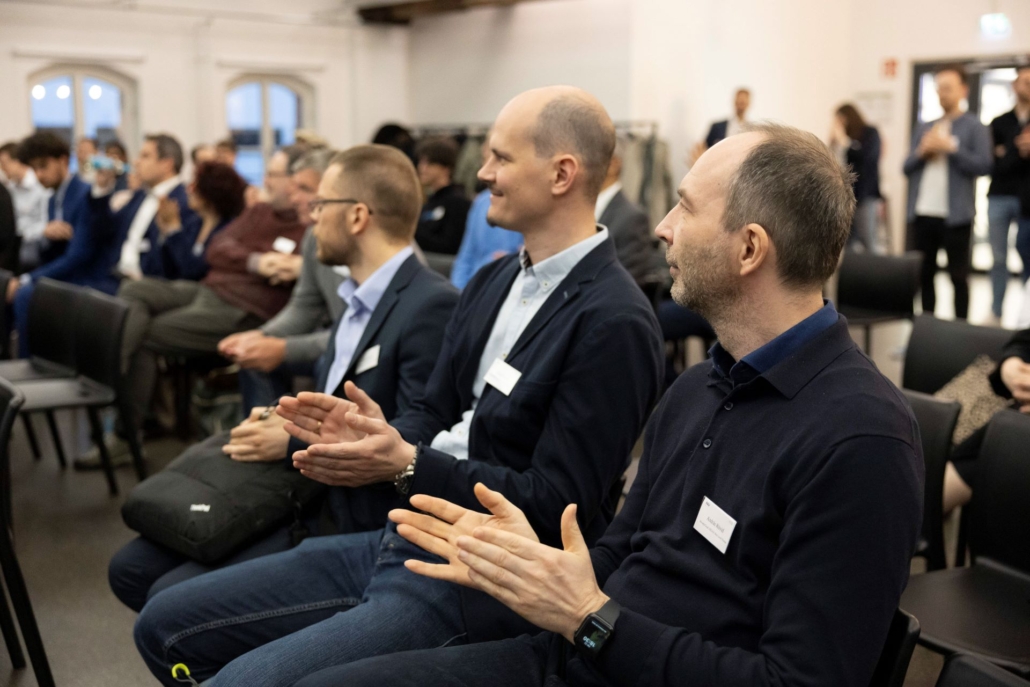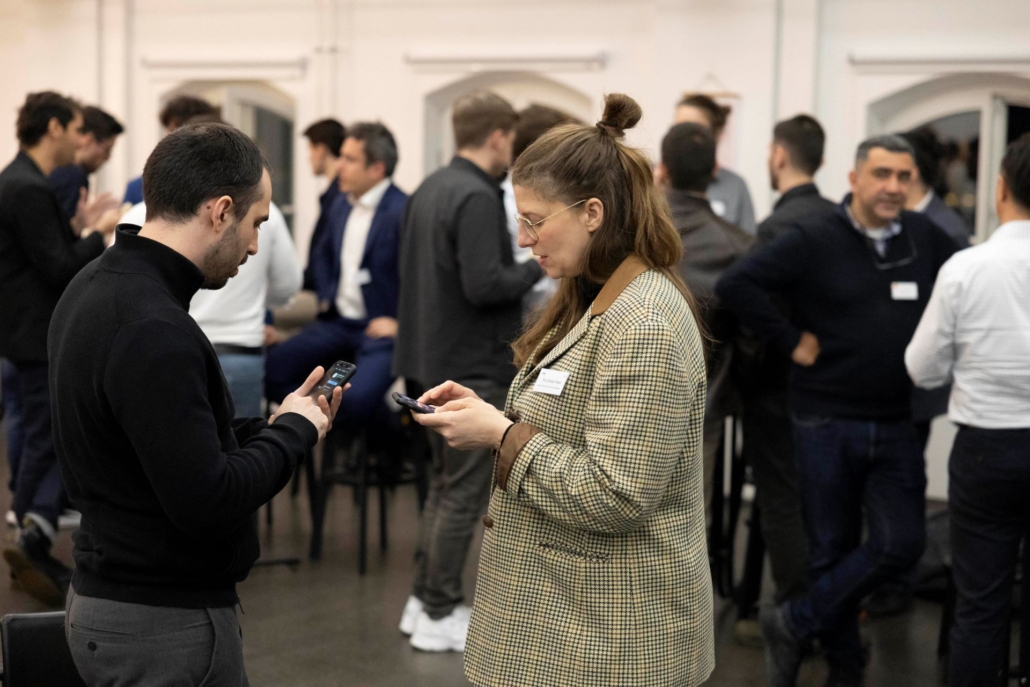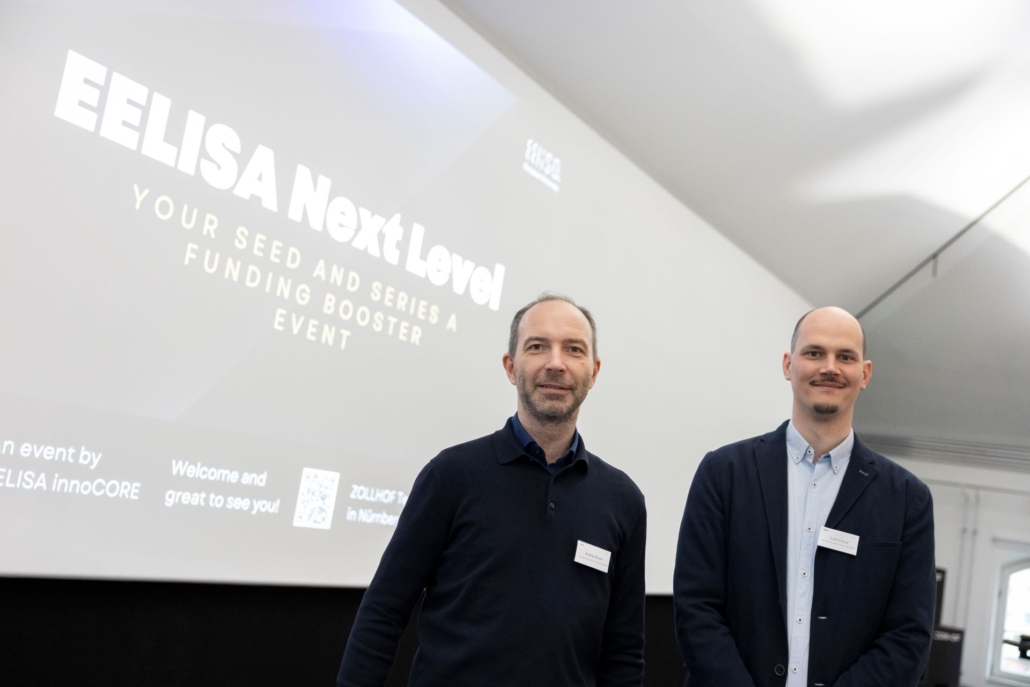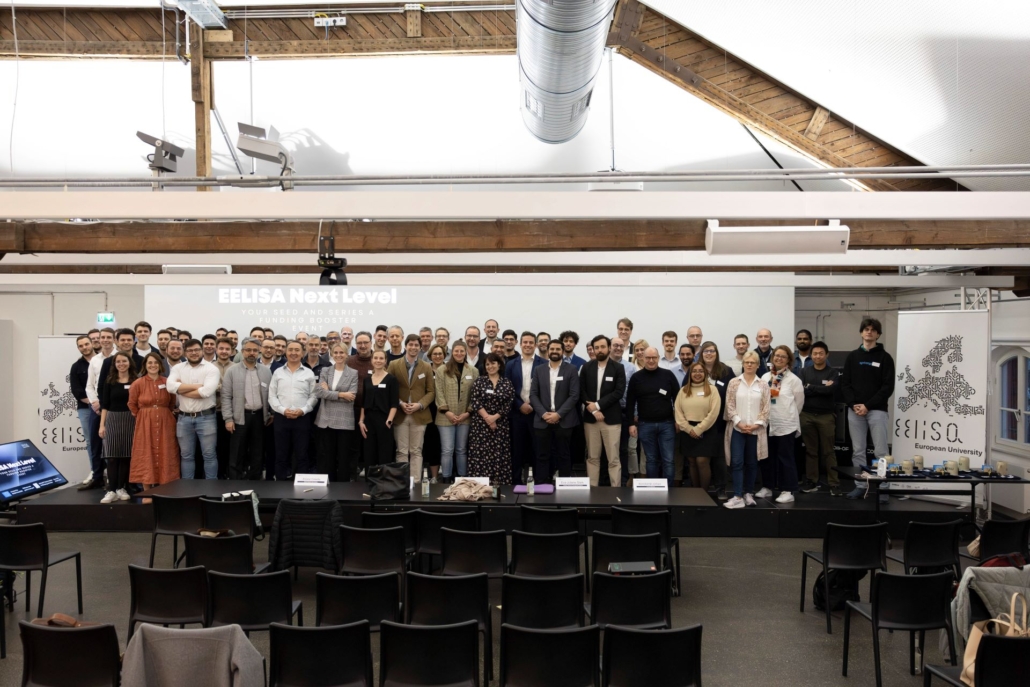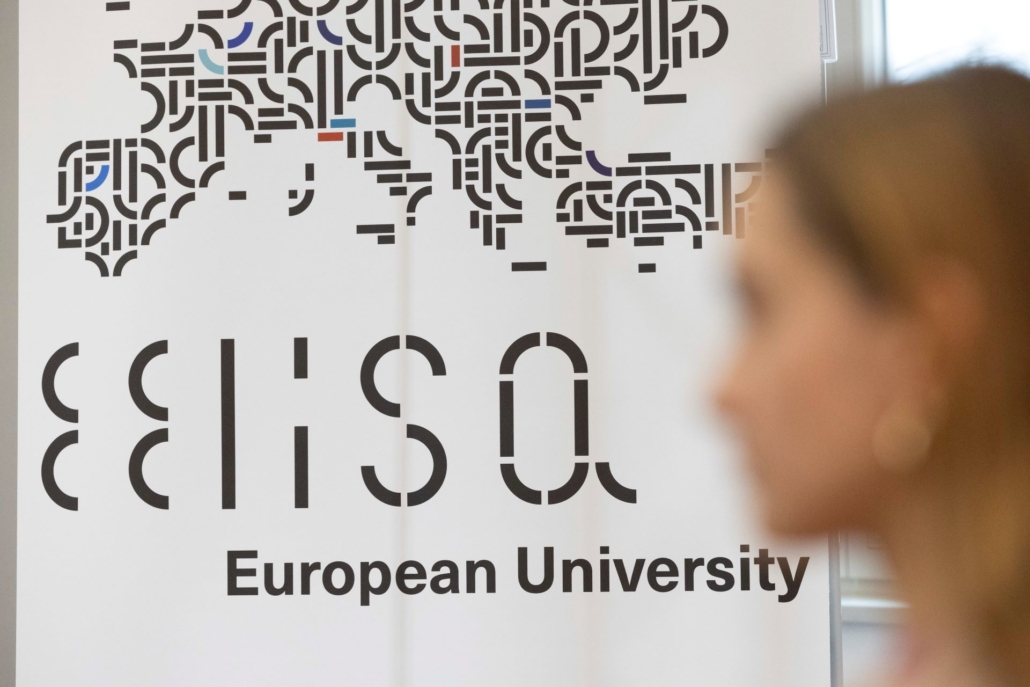Join Us at BeerUP Tech Fest 2024: A Dive into the Future of Autonomous Driving
We are pleased to announce that Ádám Bárdos, PhD from BME Automated Drive Lab will be delivering a presentation at the upcoming BeerUP Tech Fest. This highly anticipated event will take place on June 20, 2024, at 4:00 PM at Dürer Kert, a vibrant venue known for hosting innovative and engaging events.
The Evolution of Automotive Electronics and Autonomous Driving
Ádám Bárdos, founder and CEO of iMotionDrive, and a dedicated researcher and educator at BME for 14 years, will share his insights on the evolution of automotive electronics in the context of autonomous driving. His presentation, titled “Autonomous Driving in the Era of Software-Defined Vehicles,” will explore the transformative processes currently underway in automotive electronic platforms.
Key Topics of the Presentation
- Automotive Electronics Transformation:
Ádám Bárdos will delve into how modern vehicles are becoming increasingly similar to smartphones in terms of software functionality, while also highlighting the critical differences that ensure vehicle safety and reliability.
- BME’s Cutting-Edge Research:
Attendees will gain insights into the groundbreaking research conducted at BME to enhance the safety and functionality of autonomous vehicles. Ádám Bárdos will explain how these developments are poised to surpass even the skills of professional drivers, making autonomous driving a safer option on the roads.
- From Research to Real-World Applications:
The presentation will also cover how BME’s research results are transitioning into practical software products for the automotive industry. This includes a look at iMotionDrive, a startup/spinoff company from BME, which plays a pivotal role in bringing these innovations to market.
About BeerUP Tech Fest
BeerUP Tech Fest is a well-established summer event that brings together professionals from various tech industries. Held at Dürer Kert, the 2024 edition promises to be bigger than ever, featuring a mix of engaging professional topics, inspiring IT presentations, and refreshing beers. The evening will conclude with a live performance by the Pannonia Allstars Ska Orchestra, ensuring a perfect blend of professional development and entertainment.
Event Details:
- Date: June 20, 2024
- Time: 4:00 PM
- Location: Dürer Kert, Budapest
This event is an excellent opportunity for industry professionals, academics, and enthusiasts to network, exchange ideas, and learn about the latest trends in autonomous driving and automotive technology.
For more information and to register for the event, please visit the event website.
